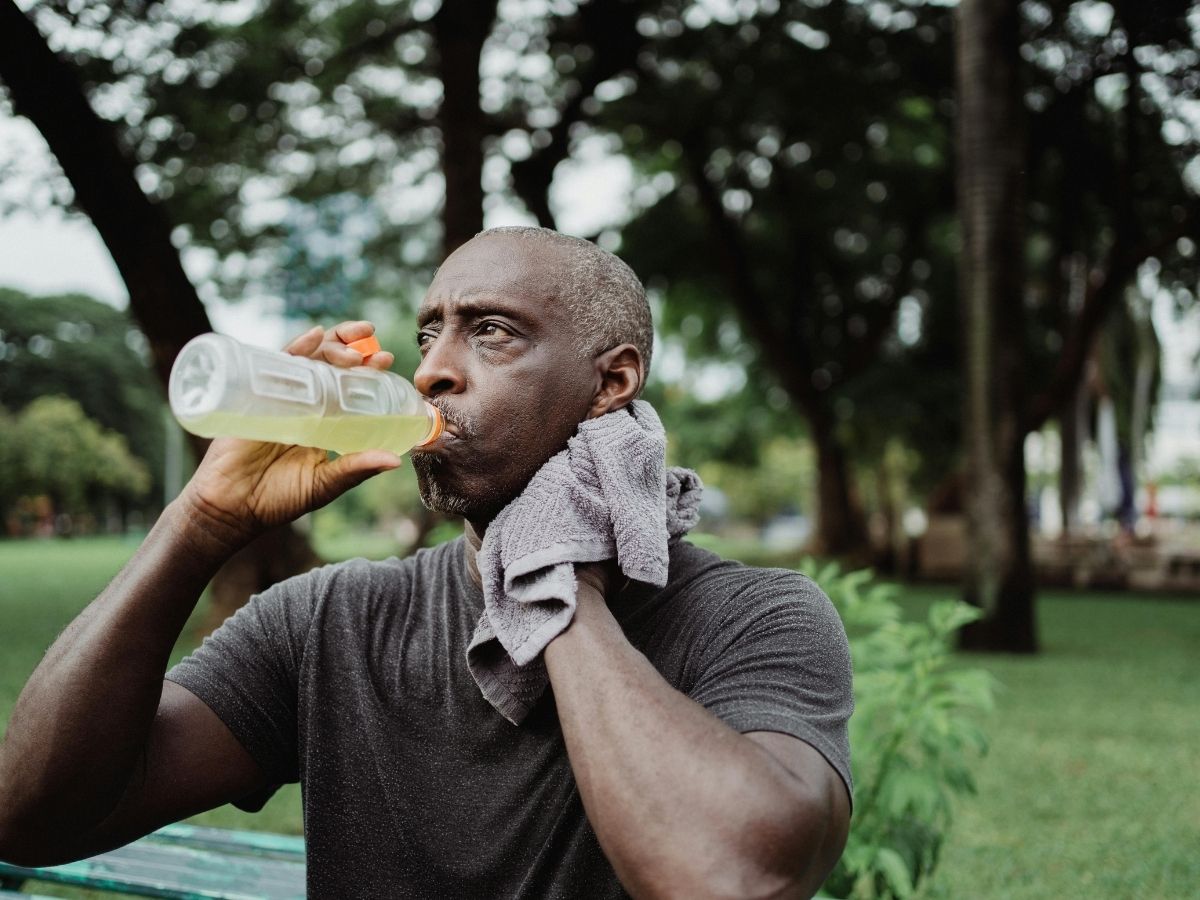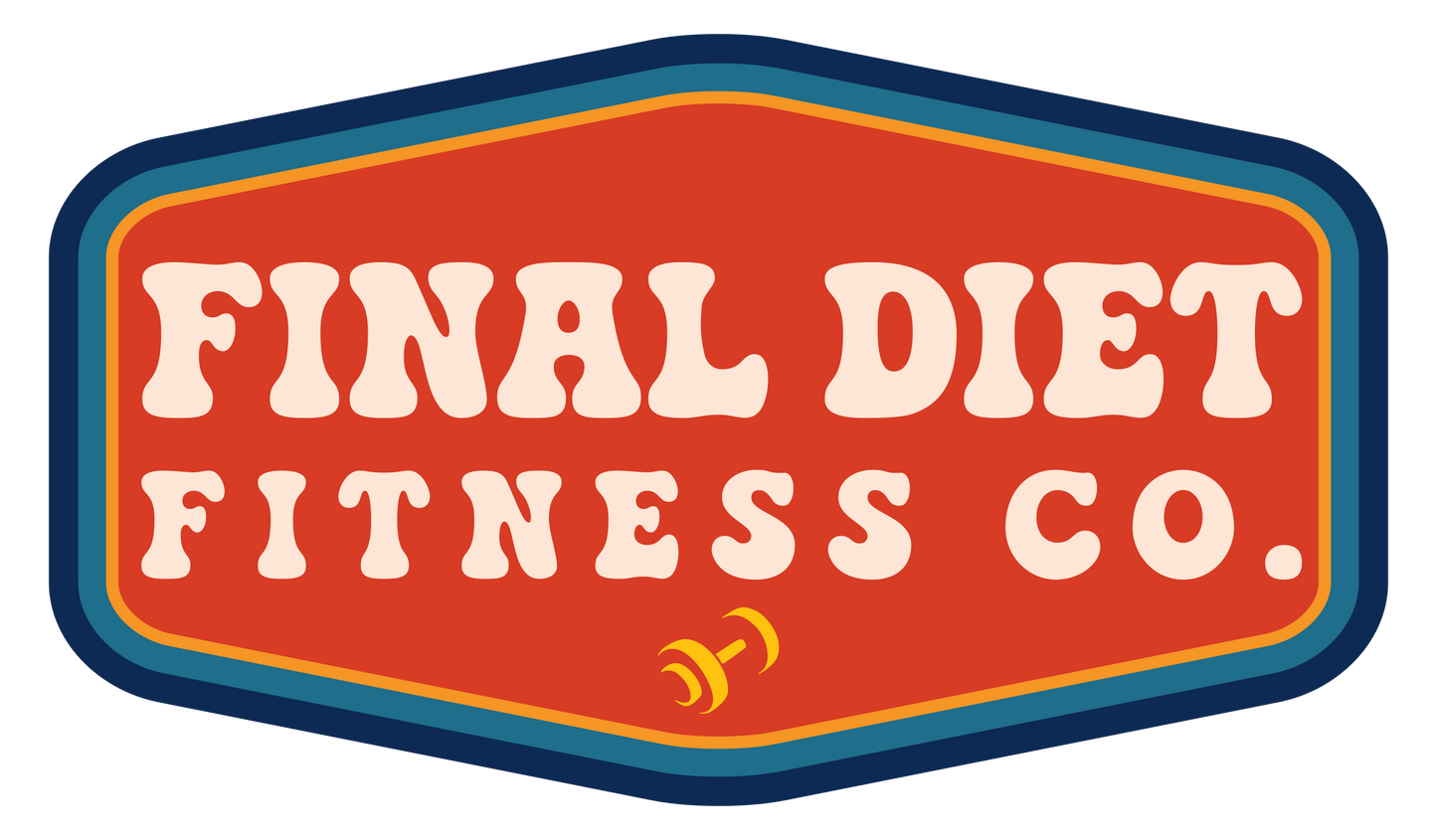
Most people focus on food, protein, or supplements—but overlook one of the most important parts of nutrition: hydration.
Water and electrolytes don’t just prevent thirst—they regulate energy, recovery, brain function, and even fat loss efficiency.
The truth is, being just 2–3% dehydrated can cause noticeable drops in focus, mood, and exercise performance.
Here’s how to make sure you’re fueling your body with what it truly runs on.
1. Why Hydration Matters
Water makes up about 60% of your body and plays a role in nearly every physiological process:
- Regulates temperature through sweat and circulation
- Transports nutrients to cells
- Aids digestion and nutrient absorption
- Lubricates joints and muscles
- Supports fat metabolism and energy production
When hydration drops, performance drops—period.
2. Signs You Might Be Dehydrated
Dehydration isn’t always obvious. You don’t have to feel “thirsty” to be under-hydrated.
Watch for these early signs:
- Dry mouth or lips
- Low energy and brain fog
- Dull headaches
- Muscle cramps
- Dark yellow urine
If you’re active or sweat heavily, you’re losing more water—and electrolytes—than you think.
3. Understanding Electrolytes
Electrolytes are minerals—mainly sodium, potassium, magnesium, and calcium—that help regulate fluid balance, nerve function, and muscle contraction.
Sweating, exercise, and even hot weather increase your need for electrolytes.
If you replace water without replacing electrolytes, you can still end up underhydrated.
Common electrolyte sources:
- Sea salt or mineral salt
- Fruits and vegetables (especially bananas, oranges, and potatoes)
- Coconut water
- Electrolyte powders or tablets (look for low-sugar formulas)
4. How Much Water Do You Actually Need?
A simple guideline:
-
Half your body weight (in pounds) = ounces of water per day.
-
Example: 180 lbs → ~90 oz of water daily.
-
- Add more if you:
- Exercise regularly
- Spend time in heat
- Drink caffeine or alcohol
Don’t overthink it—consistency is more important than perfection.
Carry a bottle and sip throughout the day, rather than chugging large amounts at once.
5. Hydration for Training and Recovery
Hydration directly affects strength, endurance, and recovery:
- Drink 12–16 oz of water 1–2 hours before training.
- Sip water or an electrolyte drink during longer or high-sweat sessions.
- Rehydrate afterward with water + sodium and potassium to replace what you’ve lost.
Even small improvements in hydration can lead to better energy, sharper focus, and improved muscle function.
6. The Link Between Hydration and Fat Loss
Hydration influences metabolism and hunger more than most people realize.
- Mild dehydration can slow your metabolism slightly.
- Many people mistake thirst for hunger—drinking water first can reduce unnecessary snacking.
- Staying hydrated supports digestion, which helps your body better utilize nutrients.
If fat loss is your goal, don’t underestimate the basics—water first, always.
Key Takeaways
- Hydration drives energy, focus, recovery, and fat metabolism.
- Electrolytes (sodium, potassium, magnesium) are as important as water.
- Aim for ½ your body weight in ounces of water daily, plus more with activity.
- Proper hydration is one of the simplest ways to feel and perform better—instantly.
